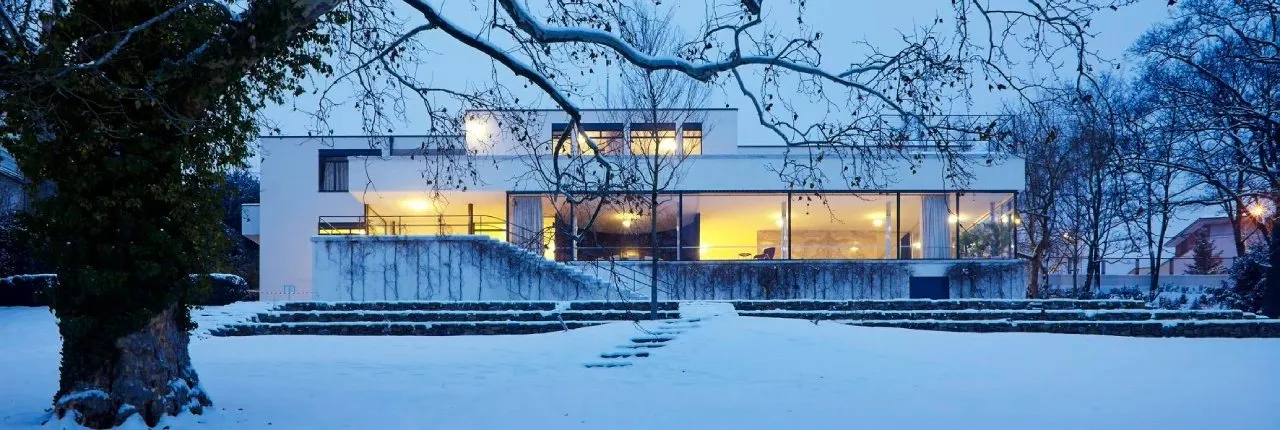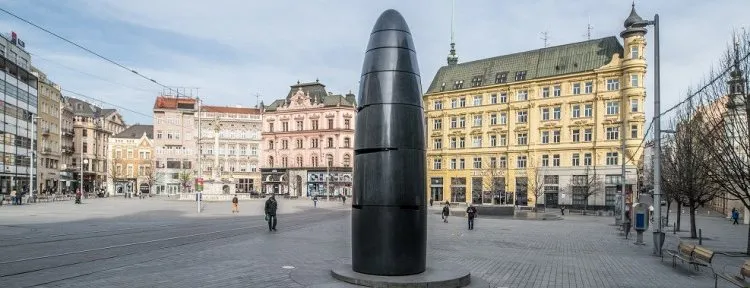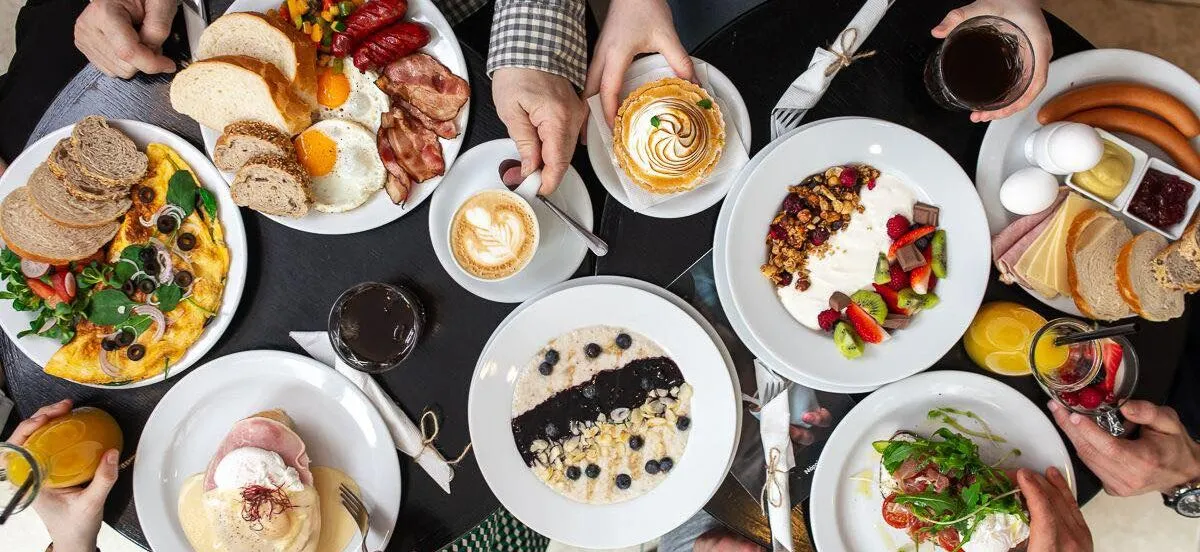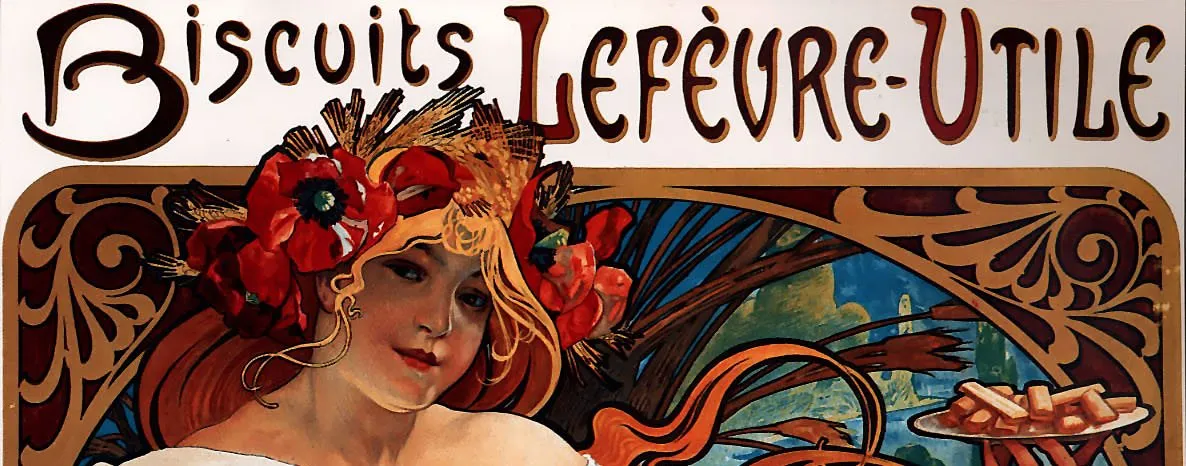Dolní Kounice
Terroir is not just the vineyard and working in it.
In a broader context, it is also its surroundings.

The area around Dolní Kounice has been inhabited since prehistoric times.
And since prehistoric times, it has been a rich area, partly because of its strategic location at the crossroads of the main European trade routes connecting east-west and north-south (the so-called Amber Road) and partly because of its wine (the famous Frankovka). The period of communism was a retreat from glory.
But the rich history is best reflected in the local monuments.
Rosa Coeli Monastery (Rose of Heaven)

Gothic monastery founded in 1181.
A magical place where the walls of the church reach up to the height of the original roof. And the church is connected to an ambit with a garden of Eden.
Synagogue

The original synagogue was destroyed by Swedish army in 1645.
Therefore, a new synagogue was built in the middle of the new Jewish quarter (between 1652 and 1656).
Despite this, it is one of the oldest preserved synagogues in Moravia.
Castle and chateau

The original castle here probably protected the trade route.
First mentioned in the middle of the 12th century.
It was transformed into its present Renaissance form at the turn of the 16th and 17th centuries.
Chapel of St. Anthony of Padova

And the town is full of other smaller buildings and monuments.
Such as the Chapel of St. Anthony of Padova, which offers a beautiful view.
And where, every year, on the feast of St. Gotthard (who is the patron saint of local wine-growers), a wine mass is held.
And the surroundings of Dolní Kounice?
Brno

20 km from Dolní Kounice.
Brno, the largest city in Moravia and a frequent butt of jokes. And Brno is not only Spilberk Castle and Petrov with St. Peter and Paul Cathedral, but also Ludwig Mies van der Rohe’s famous Villa Tugendhat.

The Brno Astronomical Clock is also famous, but in a different way, in a Brno way.

Where Brno is truly world-class are the cafes… you will find not only great coffee, but also brilliant breakfasts

…which ones do you recommend? Of the many options, for example:
- Monogram
- Industra
- Skog
- Coffee in Decay
- In watermelon sugar
- Cafe Placzek … and it is their work that can be seen in the photo
- Coffee Fusion
Ivančice
10 km from Dolní Kounice.

Square with the Church of the Assumption of the Virgin Mary and the house of the Lords of Lipá.
Birthplace of personalities such as the great actor Vladimír Menšík or Alfons Mucha, author of advertisements for champagne and biscuits.

Ruins of the Templar castle Templštejn
15 km from Dolní Kounice.

A short distance from Ivančice, on a beautiful location on a hill above the Jihlava River, stands the ruins of a castle built here at the end of the 13th century by the Knights Templar.
Mikulov
35 km from Dolní Kounice.

A picturesque town dominated by a castle and the Chapel of St. Sebastian on Svatý Kopeček.
And don’t forget
Czech republic is not just Prague
…and it’s castle after castle after castle